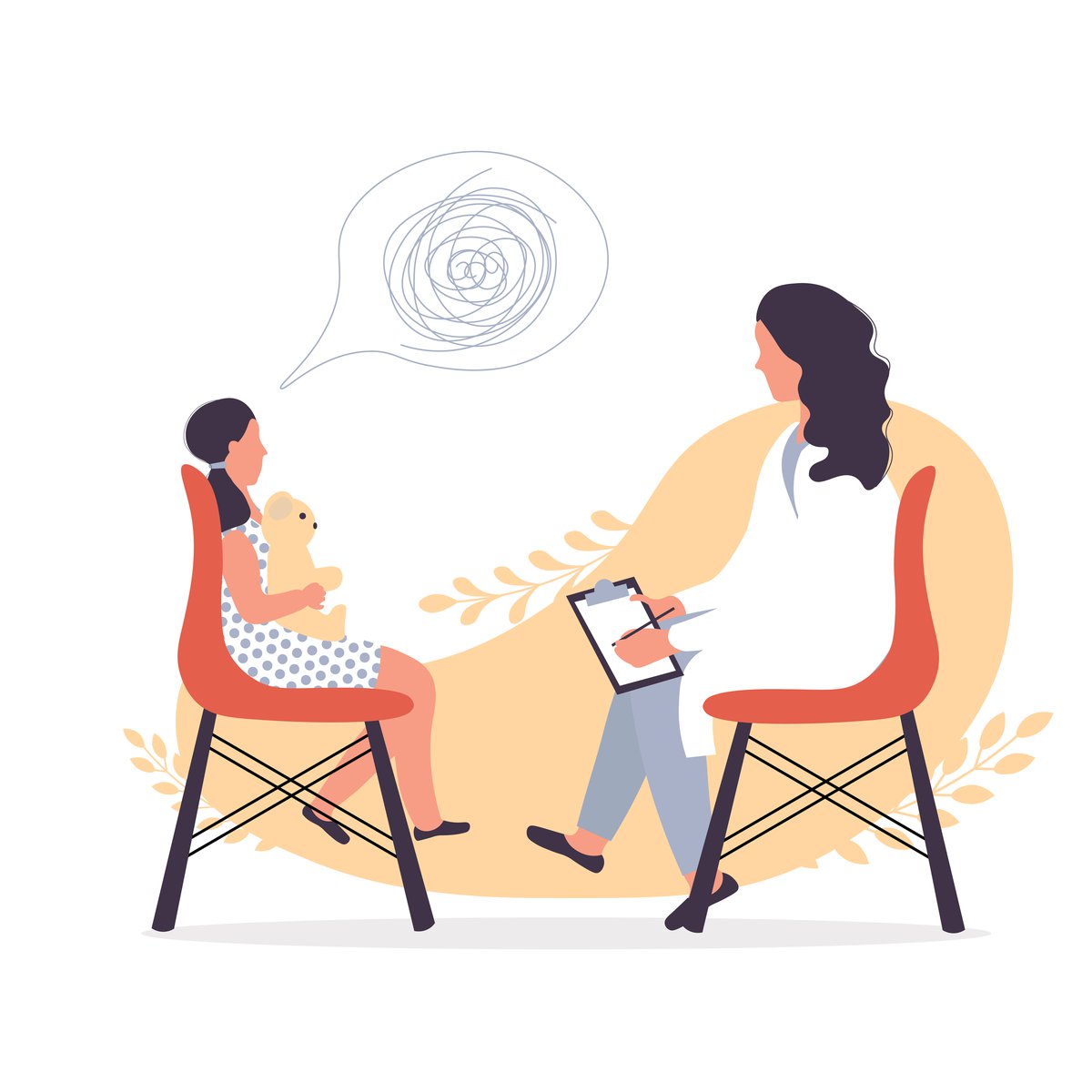Counselling is one of the best ways to support kids as they grow up. But what is it and how do you know if your child needs it?
Growing up comes with numerous challenges for children today, from social and academic challenges to commercial and environmental pressure, often making life feel overwhelming. But their emotional and mental well-being is foundational to success in life – at school and beyond – so, it’s important to provide children with the right support to help them navigate these formative years.
While counselling and therapy may still have a certain taboo around them, it’s becoming increasingly vital to normalise seeking professional support. As Dr. Wafa Saoud, clinical child, adolescent and psychologist at Sage Clinics, puts it, “Everyone needs a little help sometimes.” Here, she breaks down the different types and benefits of counselling and guides parents on how to tackle the topic.
Firstly, what exactly is ‘counselling’ when it comes to kids?
It’s a supportive process that helps children, adolescents and emerging adults navigate emotional, cognitive and behavioural challenges. Through talk therapy, play or creative expression, young people work with trained professionals in a warm and understanding environment. Counselling can support them in coping with issues like anxiety, depression, grief, trauma, abuse, life transitions and self-esteem struggles. It also offers guidance in strengthening relationships with family and friends. At Sage Clinics, we view this as a collaborative journey – not just for the child, but for the whole family.
How important is counselling for children today?
Children often feel deeply but don’t always have the words to express what is going on inside. Without the tools to manage feelings like stress, anxiety or sadness, these feelings can show up in unexpected ways – through academic struggles, obsessive thoughts, aggression, sleep disturbances, or even physical symptoms. These feelings can also lead to unhealthy escape mechanisms, like excessive use of technology, social withdrawal, school avoidance or self-harm. Therapy can give young people a compassionate, judgment-free space to explore their inner world, make sense of their feelings and build the skills they need to cope with their outer world. It can also be valuable for youth with neurodevelopmental differences, providing a supportive environment for both the child and the caregiver to better understand these differences and identify practical strategies to thrive – socially and academically.
What different types of counselling are there?
There’s no one-size-fits-all approach. We offer:
- Emotion-Focused Therapy (EFT): Great for teens navigating relationships.
- Parent-Child Coaching: Especially helpful for attachment issues and improving communication.
- Cognitive Behavioural Therapy (CBT): Helps with anxiety, depression and OCD.
- Dialectical Behavioural Therapy (DBT): Supports emotion regulation and self-harm.
- Play and Art Therapy: Ideal for younger children or those struggling to articulate themselves.
How do you know if your child needs counselling?
If your child is persistently anxious, irritable, withdrawn or having difficulty at school or with peers, it may be time to seek support. Sudden changes in eating, sleeping or emotional outbursts can also be signs. The first step is a consultation with a licensed psychologist or psychiatrist. At Sage Clinics, we sometimes start with a parent session to understand the full picture before meeting with the child.
As they grow up, how can counselling support children?
It can help young people to build social skills and confidence and learn tools to cope with anxiety, depression, grief, or trauma throughout every phase of their lives. These are some ways that counselling can support specific life phases.
- Young children (ages 3–7): Coping with separation anxiety and attending school; learning how to ask adults for help; reducing behavioural issues and emotional outbursts.
- Older children (8–12): coping with anxiety and mood, especially with the impact of hormonal changes; building and maintaining friendships; managing bullying.
- Teens (13+): Develop emotional insight, manage peer pressure and increase resilience to harmful behaviours – while learning how to cope with anxiety, low mood or family dynamics.
For parents newly seeking counselling for their children, are there any Dos and Don’ts?
Counselling is about empowering children – not fixing them. It can help them to feel seen, heard and supported in a world that can often feel overwhelming and to build the skills and confidence to navigate their world.
Do:
- Keep an open dialogue with your child.
- Choose a therapist with whom they feel safe.
- Trust the process – growth takes time.
Don’t:
- Shame or guilt them into therapy.
- Expect immediate change – it is not instant.
- Forget to take care of your own emotional well-being, too.

